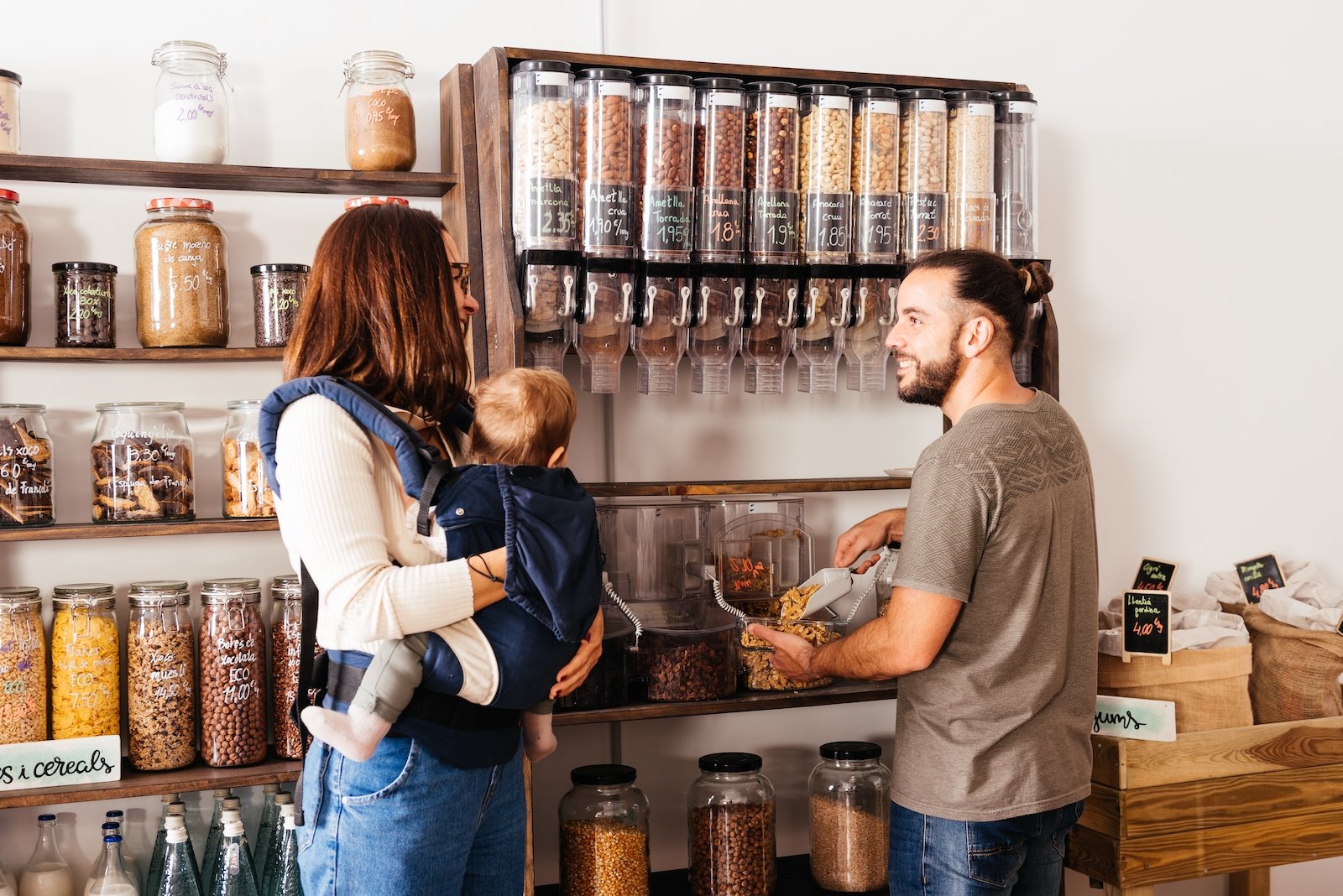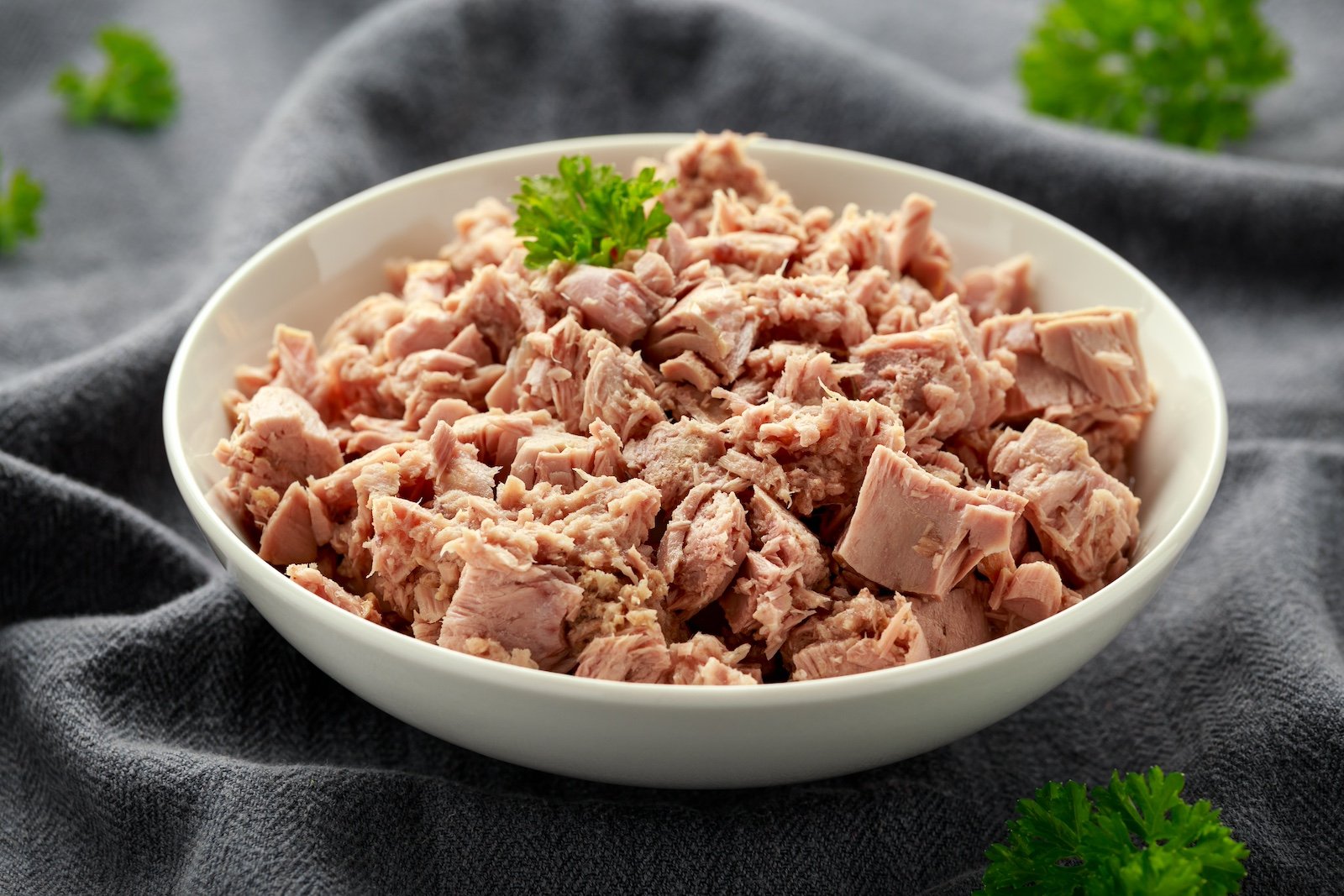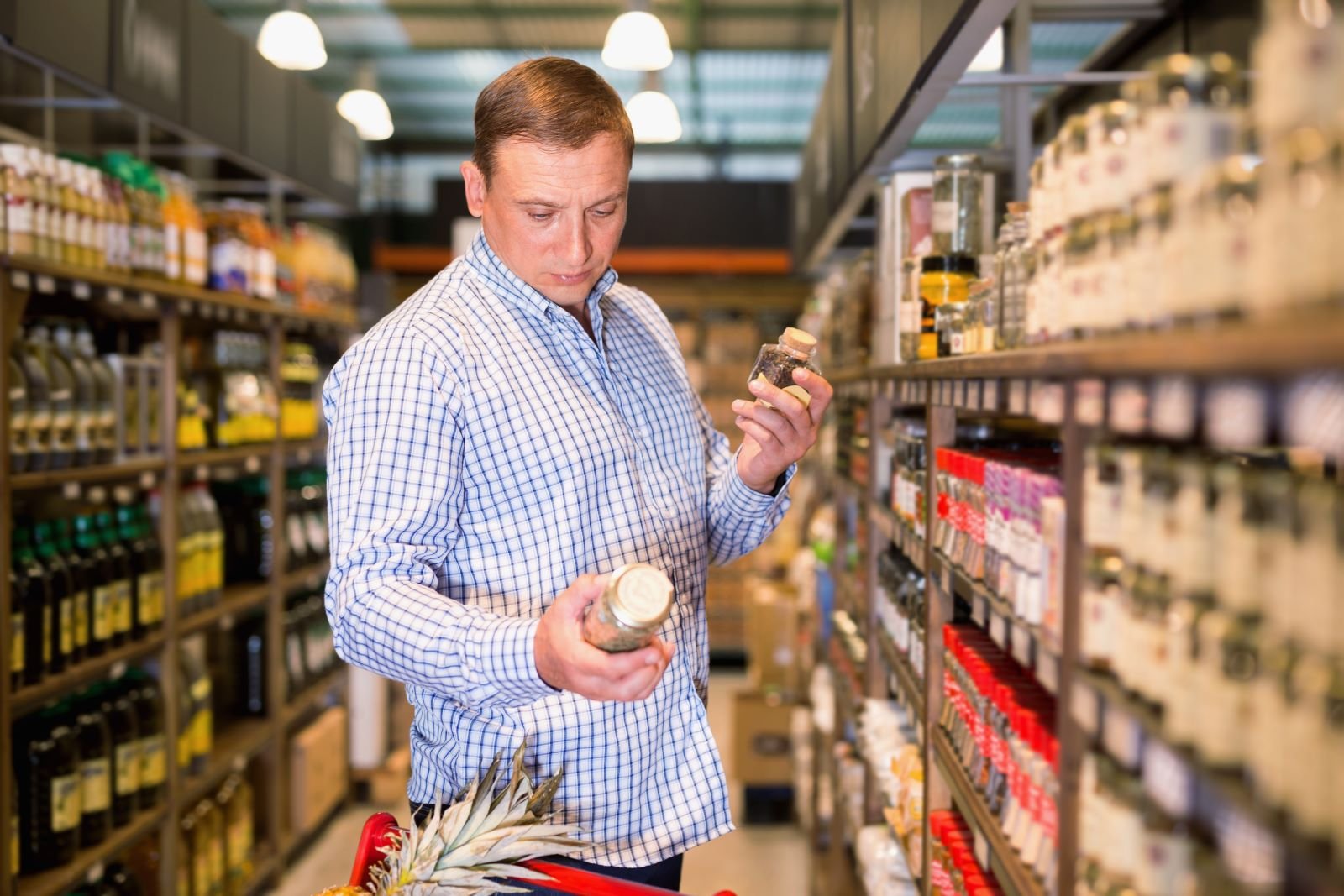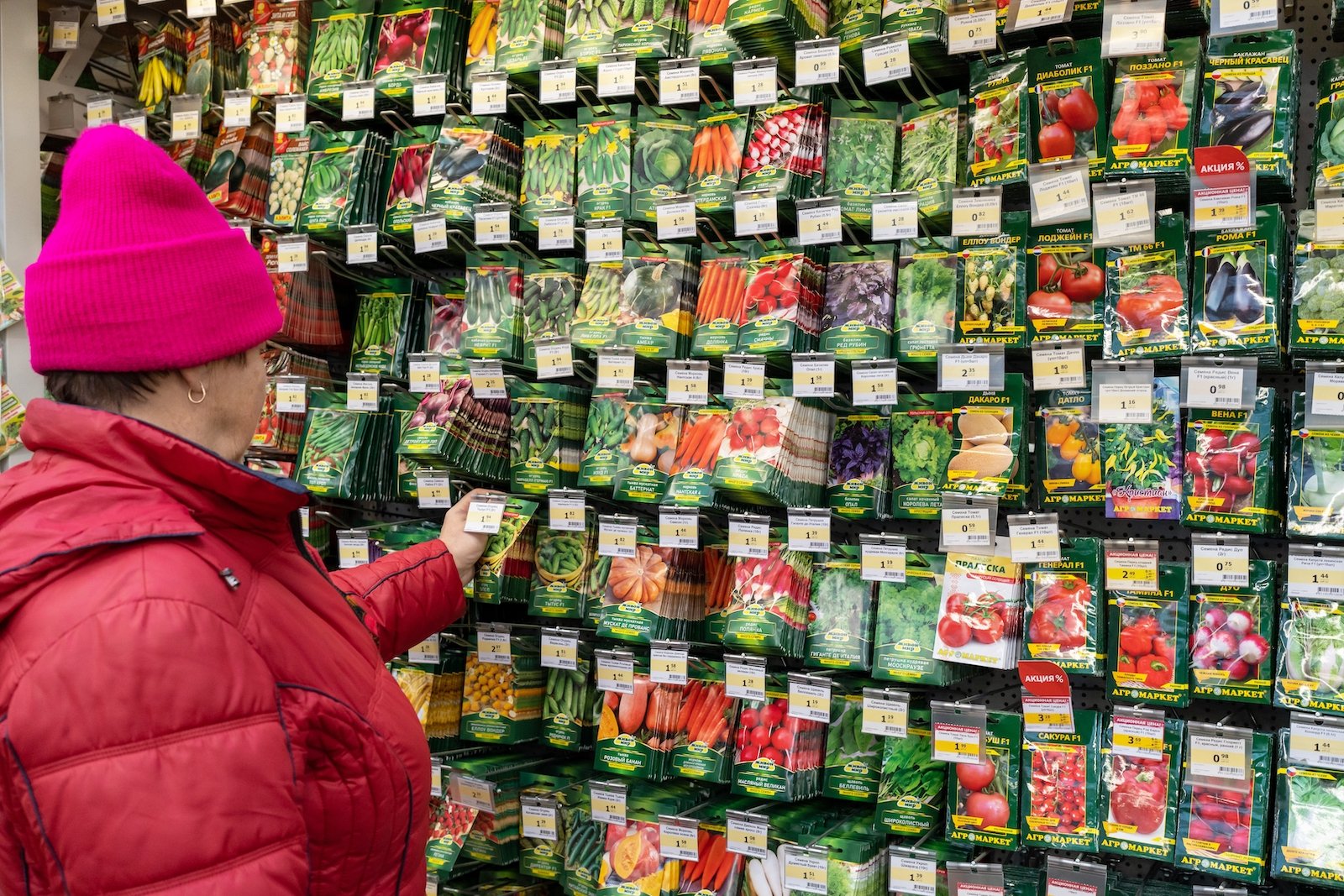The rising effects of climate change and war are pushing global societies toward food shortages. According to a 2024 report, there was an increase of 1 million people facing acute food insecurity in 39 countries and territories. While developing and developed nations are trying to avoid food shortages, people cannot overlook its possibility. People can secure themselves and their families by preparing for potential food shortages by stocking up the following essential items.
Canned Food

People should first stock canned food like vegetables, fruits, soups, meats, etc. because it stays fresher for extended periods. Since food items are sealed in cans at the peak of their freshness, canned goods retain their nutritional value and taste. Canned goods can last for years, ensuring your nutritional needs are met even during food shortages. They are practical, convenient, and healthy, making them a must-have staple in your pantry.
Dried Legumes

Dried legumes, such as peas, beans, lentils, etc., are a comparatively inexpensive alternative to meat products. It can help you meet your protein needs when consumed in adequate portions. The best part about dried legumes, like beans, is they’re non-perishable. You can easily store them for a minimum of 1 year or more. Since legumes are versatile, healthy, and filling, they can save you during food shortages.
Grains

To navigate food shortage, you must stock up on grains like rice, wheat, oats, pasta, etc. Grains are a staple food item in many peoples’ diets that fulfills nutritional requirements. When stored properly, grains can last for several months and even years, depending on the grain type and quality. Whole intact grain typically lasts six months in airtight containers and up to a year in freezers. Even if food shortages last several months, you can survive with stored grains.
Canned/Dried Meats

If meat is a staple in your daily diet, you must stock up several cans of canned/dried meats. Canned meats remain fresh for longer and can be cooked faster than non-canned meat, saving you cooking gas and other supplies. They are nutritious, delicious, and convenient, making surviving extreme food shortages easier. Canned meat typically lasts 2 to 5 years, making them among the longest-lasting food supplies.
Baking Supplies

People with a sweet tooth must consider stocking up on baking supplies. It can help them bake fresh cakes, pastries, cinnamon rolls, etc., even during food shortages. The best part about baking supplies is that most essential baking supplies have longer shelf lives. All-purpose/cake flour can remain fresh for one to two years, while cocoa powder can last three years. Sugar, cream of tartar, and cornstarch typically last indefinitely with proper storage.
Cooking Oils

Cooking oils are a must-have in every household pantry because every meal preparation requires some oil. If you don’t want to run out of cooking oils because of food shortages, store enough bottles that can last a year. You can store any oil of your choice with a great shelf life. Unopened vegetable and olive oils typically last for six to twelve months in proper storage, whereas opened oils last for three to five months.
Spices and Herbs

Every meal is incomplete without the right seasoning, so ensure your emergency pantry has all the relevant spices and herbs stocked up. As environmental challenges exacerbate, spice and herb production may be affected, resulting in acute shortages. Hence, you must stock enough spices and herbs of your choice, like salt, black pepper, cinnamon, nutmeg, oregano, basil, etc. Properly stored ground spices can last 2 to 3 years, whereas whole spices can last 2 to 4 years.
Bottled Water

Humans cannot survive without water for long, so ensure you have enough bottled water storage to cover you and your family during shortages, natural disasters, or any other form of crisis. Ensure you stock up 1 gallon of water/person/per day. The volume should be increased for pregnant women, children, and people with diseases/illnesses. While the FDA hasn’t placed any expiration limit on bottled waters, some believe they last only two years, so stock accordingly.
Dried Fruits and Nuts

Eating dried fruits and nuts is the best way to remain healthy during food shortages. They are packed with nutrients and perfect for quick munching. Since they are dried and sealed in moisture-free packs, they remain edible for extended periods. High-quality dried fruits and nuts can stay fresh for up to 18 months and longer, making them the perfect food item for stocking. You can stock any dried fruit and nut of your choice, like cherries, blueberries, pears, peaches, apples, apricots, dates, raisins, figs, etc.
Honey or Maple Syrup

These natural sweeteners are great alternatives to refined sugar and boast a pleasant taste. If you use any of these for daily cooking and baking, ensure you stock up both. Authentic honey can last indefinitely, whereas unopened maple syrup can last several years. An opened maple syrup bottle must be consumed within six to twelve months.
Powdered Milk

Dairy is essential to everyone’s diet, but acute food shortages may often affect its supply. Fresh milk lasts only a few days, whereas powdered milk has a long shelf life. Since fresh and powdered milk is equally nutritious and delicious, you can stock up on powdered milk to fulfill nutritional needs. Unopened powdered milk packets last 2 to 10 years, whereas some non-fat dry powdered milk has a shelf life of 25 years. Families with kids must stock up on enough powdered milk.
Fruit and Vegetable Seeds

Growing your own fruits and vegetables is one of the best ways to survive acute food shortages for extended periods. It is a sustainable way that ensures you never run out of fresh fruits and vegetables. You can get seeds of your favorite fruits and vegetables and plant them in your garden. Start it at the earliest, so by the time any food shortage occurs, you have a ready supply in your garden. Some seeds last for a year or two, while others last up to 5 years, so ensure you buy the right seeds.


